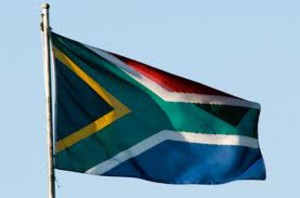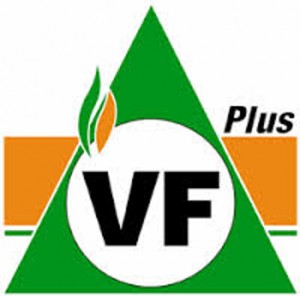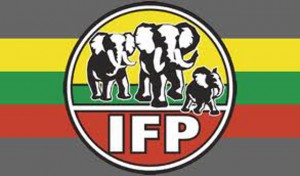November 2016 – The World Health Organization (WHO) delivered lifesaving supplies to assist thousands of women and children in Yei River State, one of South Sudan’s states most affected by conflict.
“As a result of insecurity and restricted access, the humanitarian and health situation in South Sudan, particularly in Greater Equatoria regions continues to worsen,” said Dr Abdulmumini Usman, WHO Representative to South Sudan. “Many people no longer have access to health services. Now more than ever, women and children face a greater risk of death and illness due to diseases such as cholera and malaria. Our goal is to reach the affected civilian population who need our support the most.”
Since the conflict in South Sudan escalated in July, WHO distributed a total of 253 basic unit health kits and outbreak investigation kits to Health Cluster partners and state Ministries of Health, reaching a total of 253 000 people, including Internally Displaced Persons (IDPs) in conflict-affected areas.
As the crisis in South Sudan nears its third year, some 1.6 million people live in IDP camps and hard-to-reach areas, including besieged locations with no access to desperately needed health services. With support from the European Civil Protection and Humanitarian Aid Operations (ECHO), WHO is working with the Government of South Sudan and partners to ensure humanitarian supplies are delivered and distributed to affected communities as efficiently as possible.
The recent supply dispatch is part of a larger integrated response by WHO and partners. In addition, WHO has maintained a steady stream of airlifts of essential medicines and supplies to conflict-affected states. WHO also provided items such as emergency tents to support a recent cholera outbreak response.
To improve delivery of humanitarian health assistance, WHO and the UN High Commissioner for Refugees (UNHCR) recently conducted a Joint Assessment Mission on the current status of health service delivery in Yei River State, to generate reliable information on the current status and functioning of the health facility in providing health care services. WHO will also continue to support efforts to enhance South Sudan’s disease surveillance system to ensure the accurate and timely detection and reporting of epidemic-prone diseases to avert further spread and reduce morbidity and mortality.








